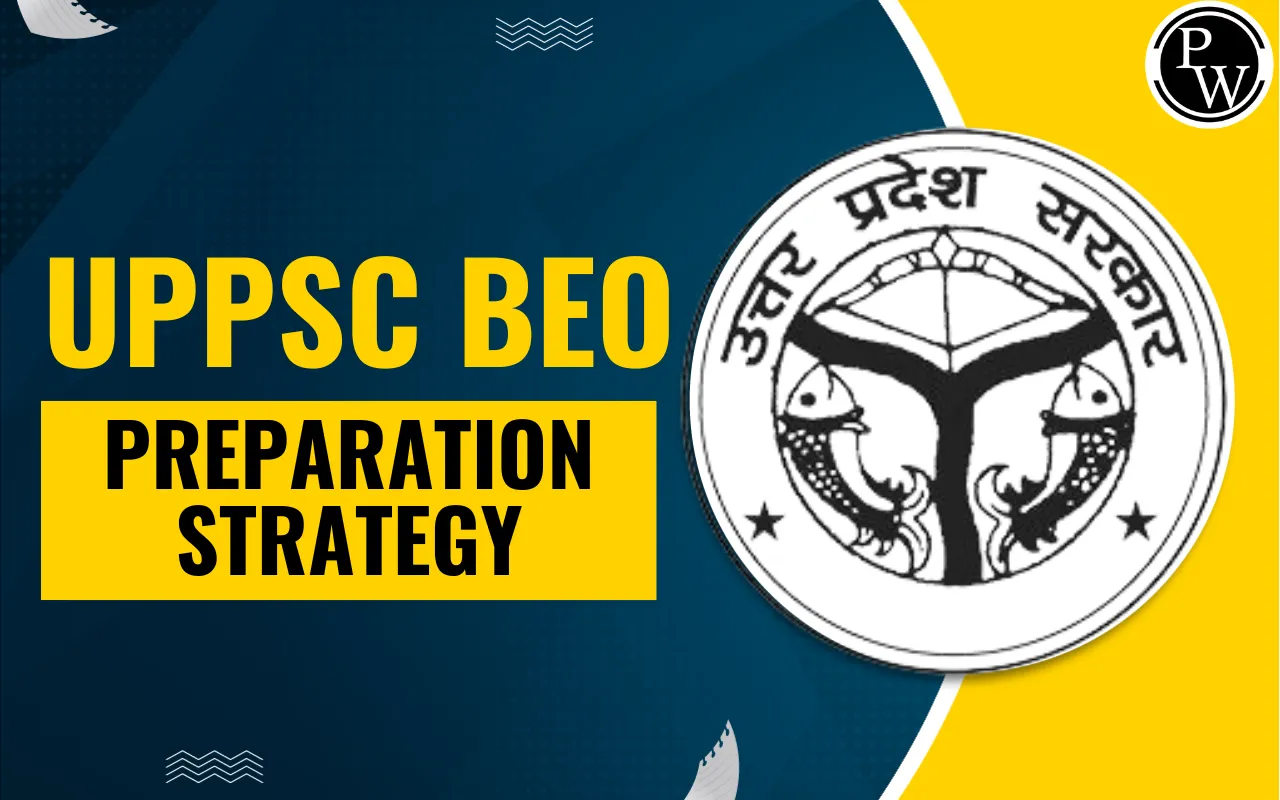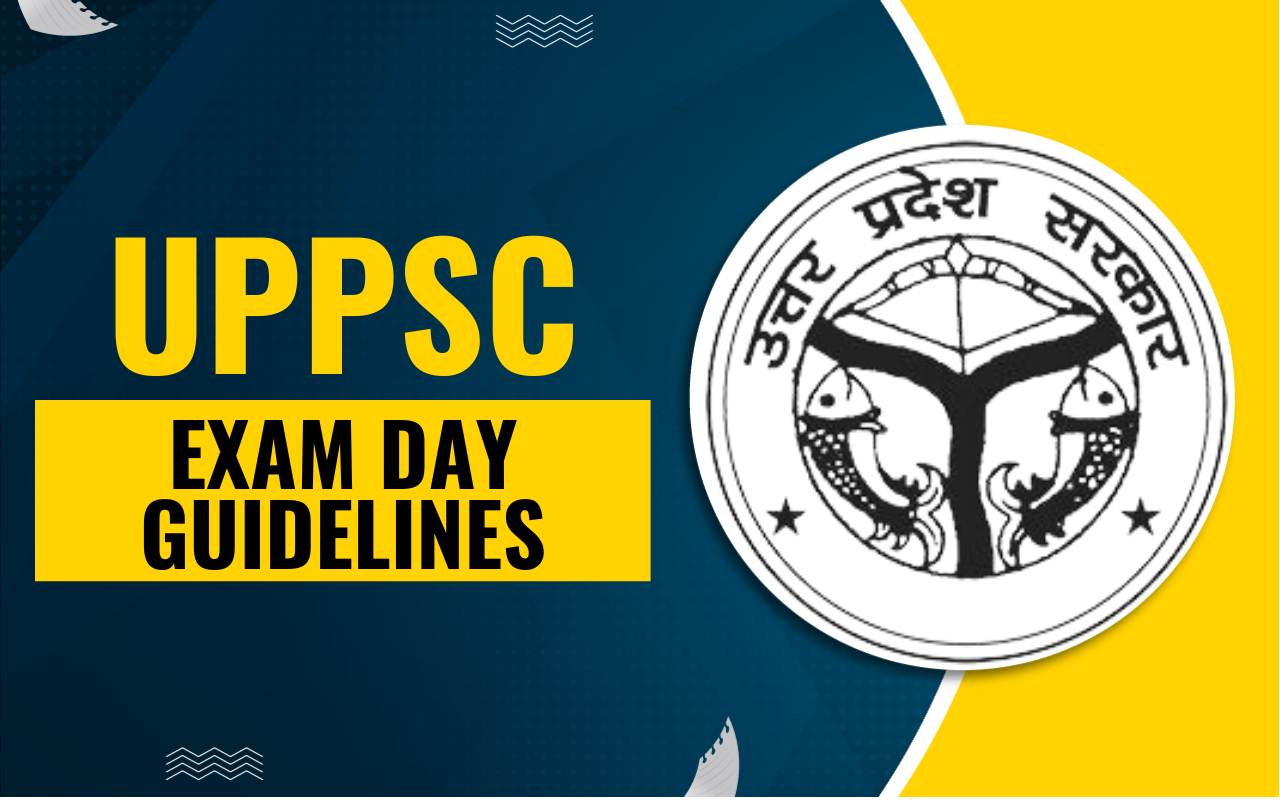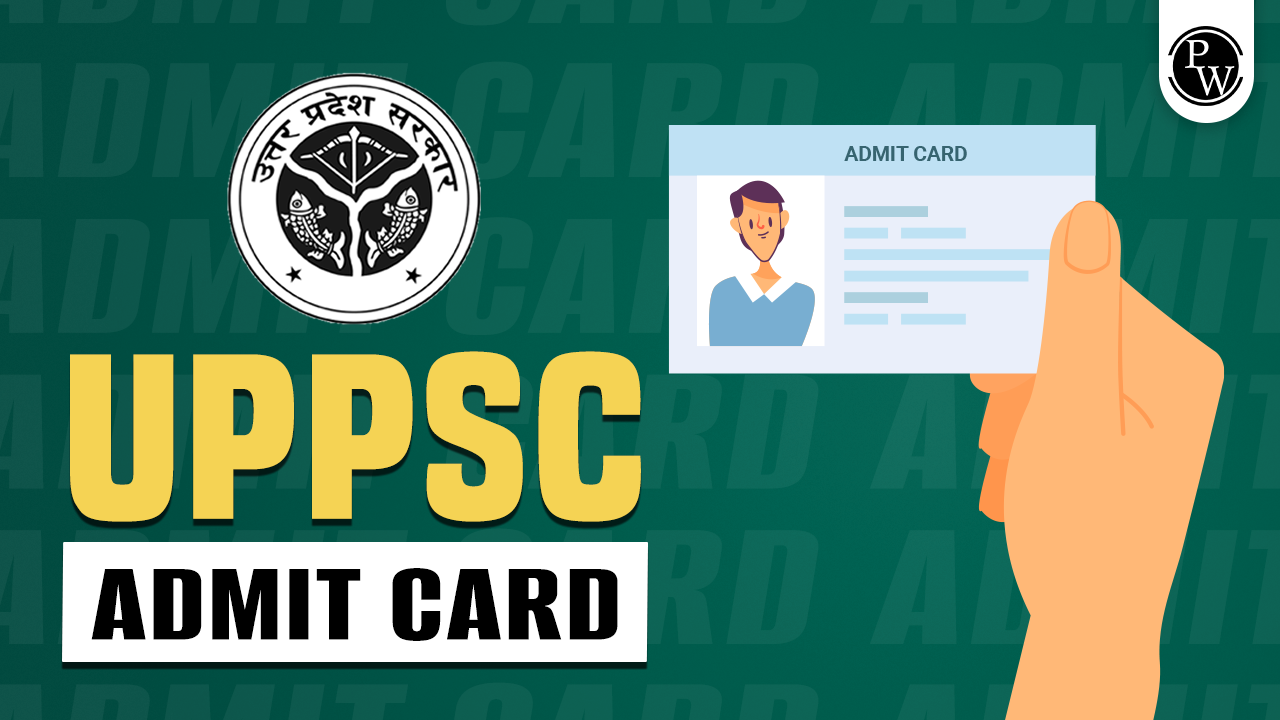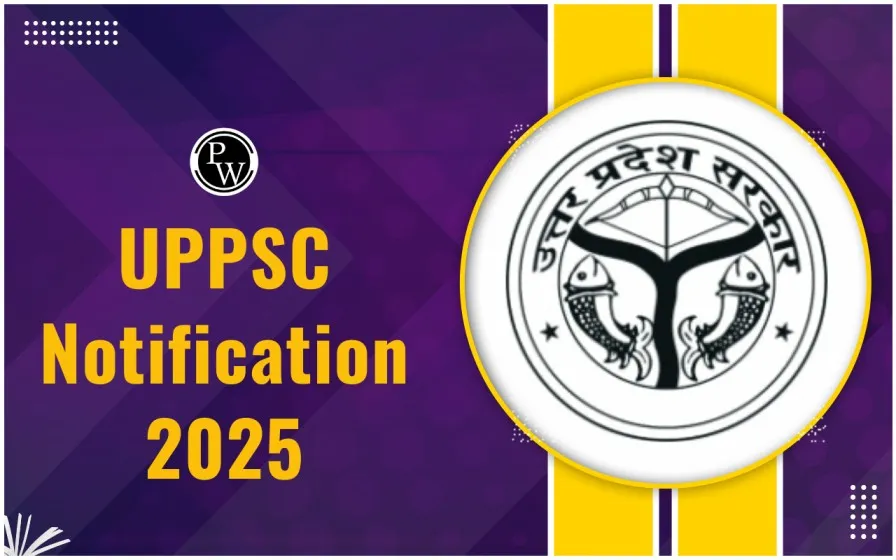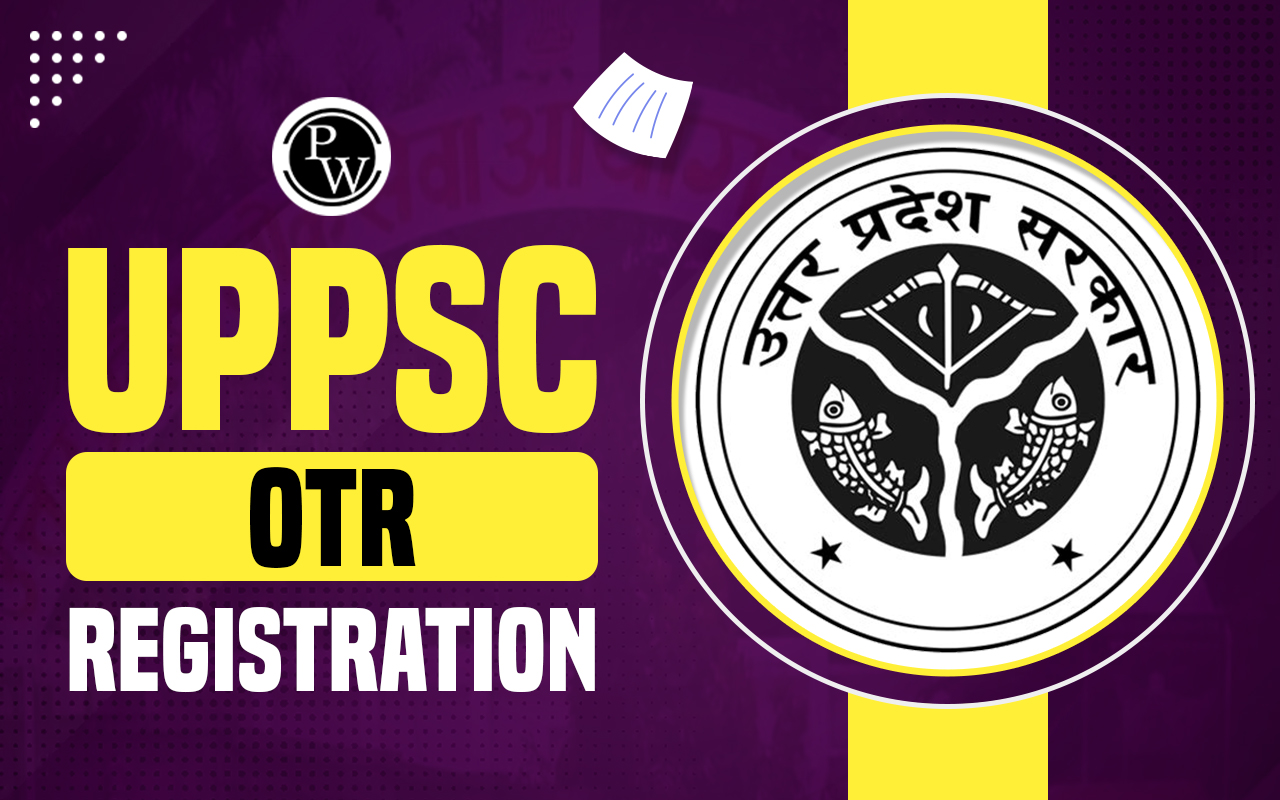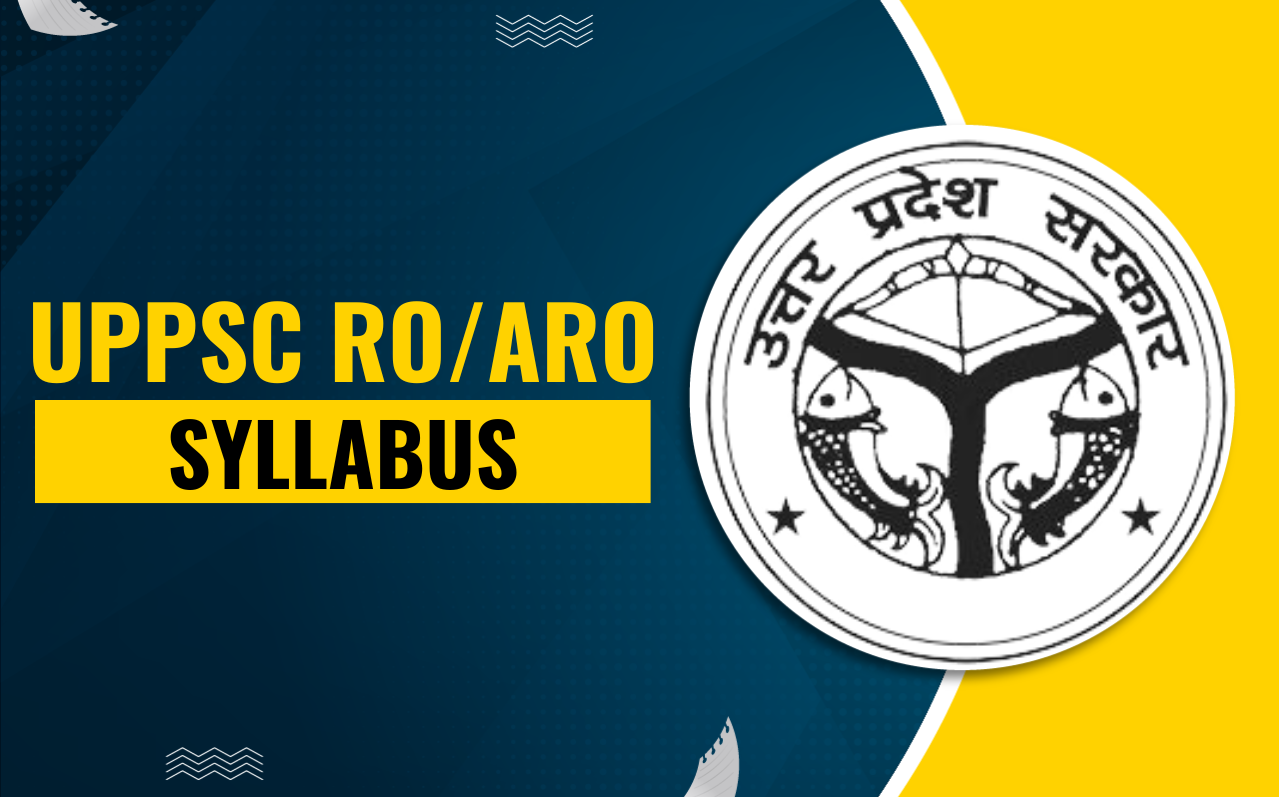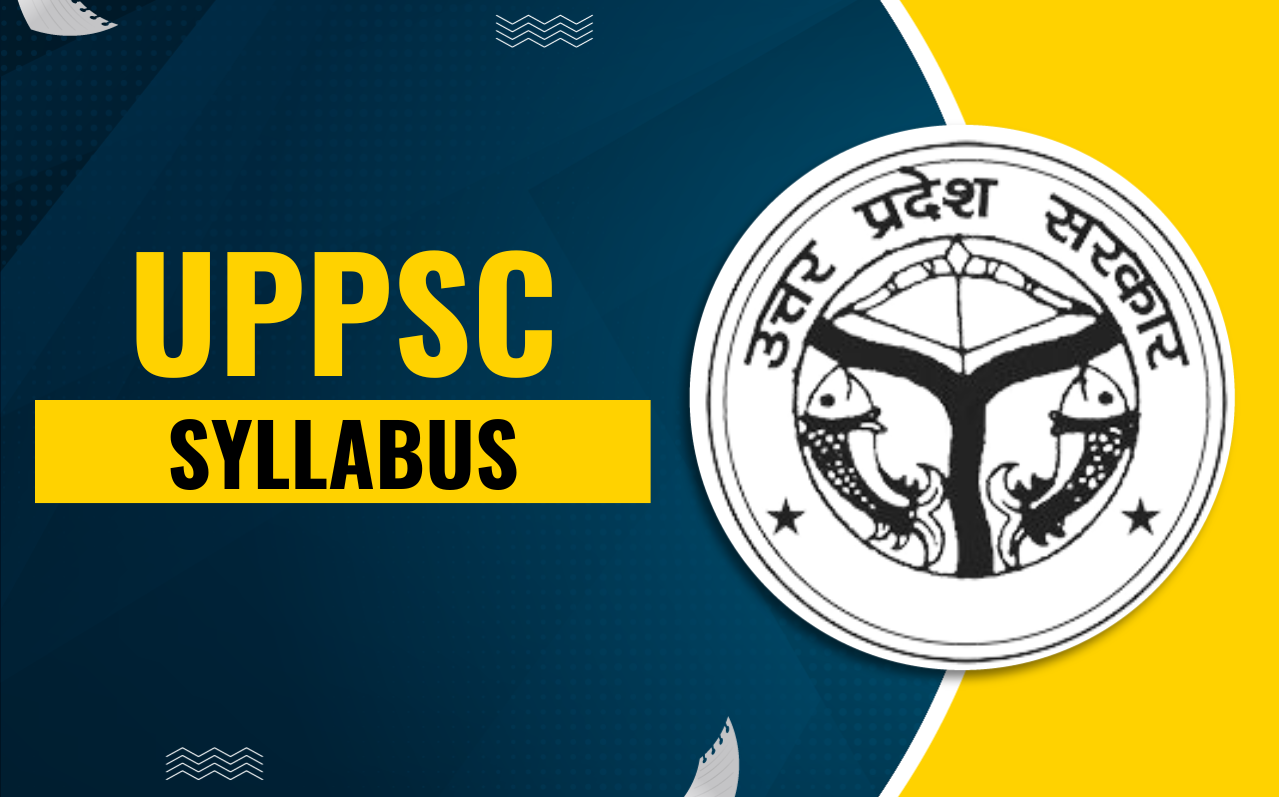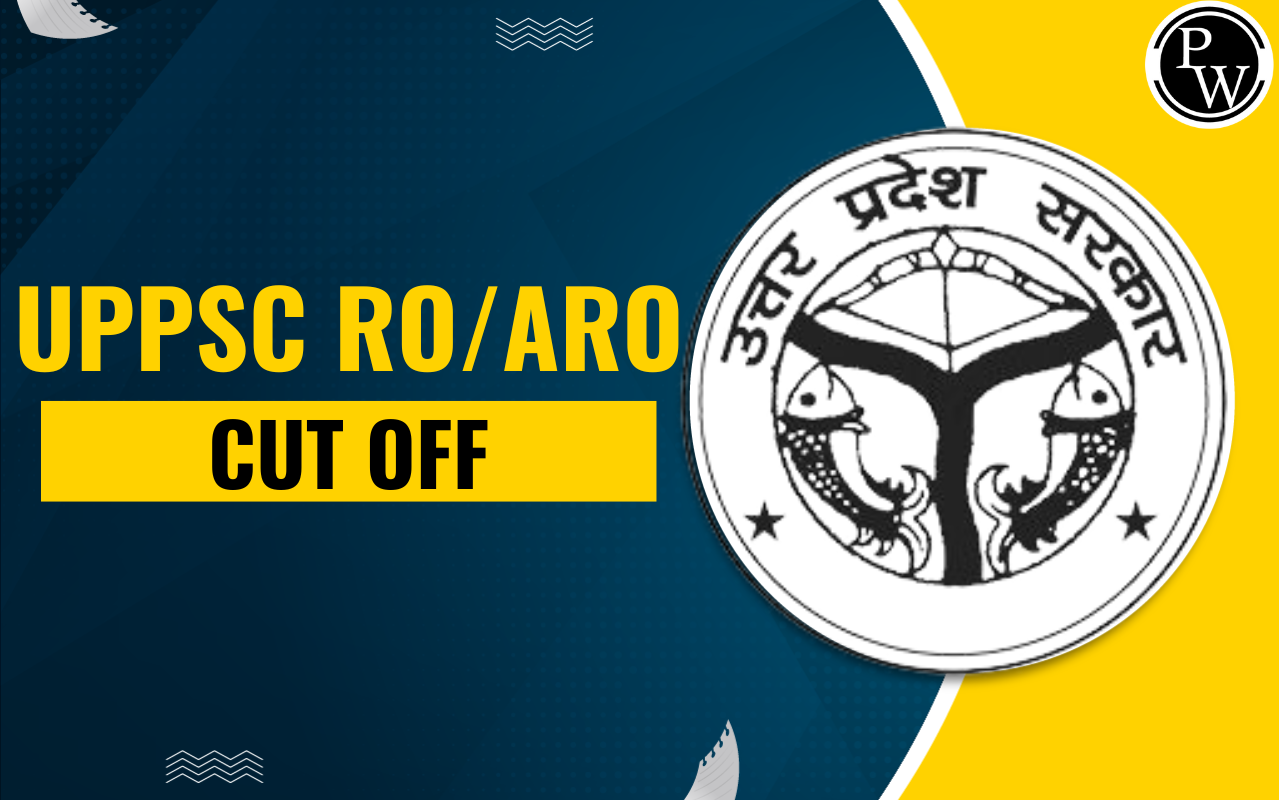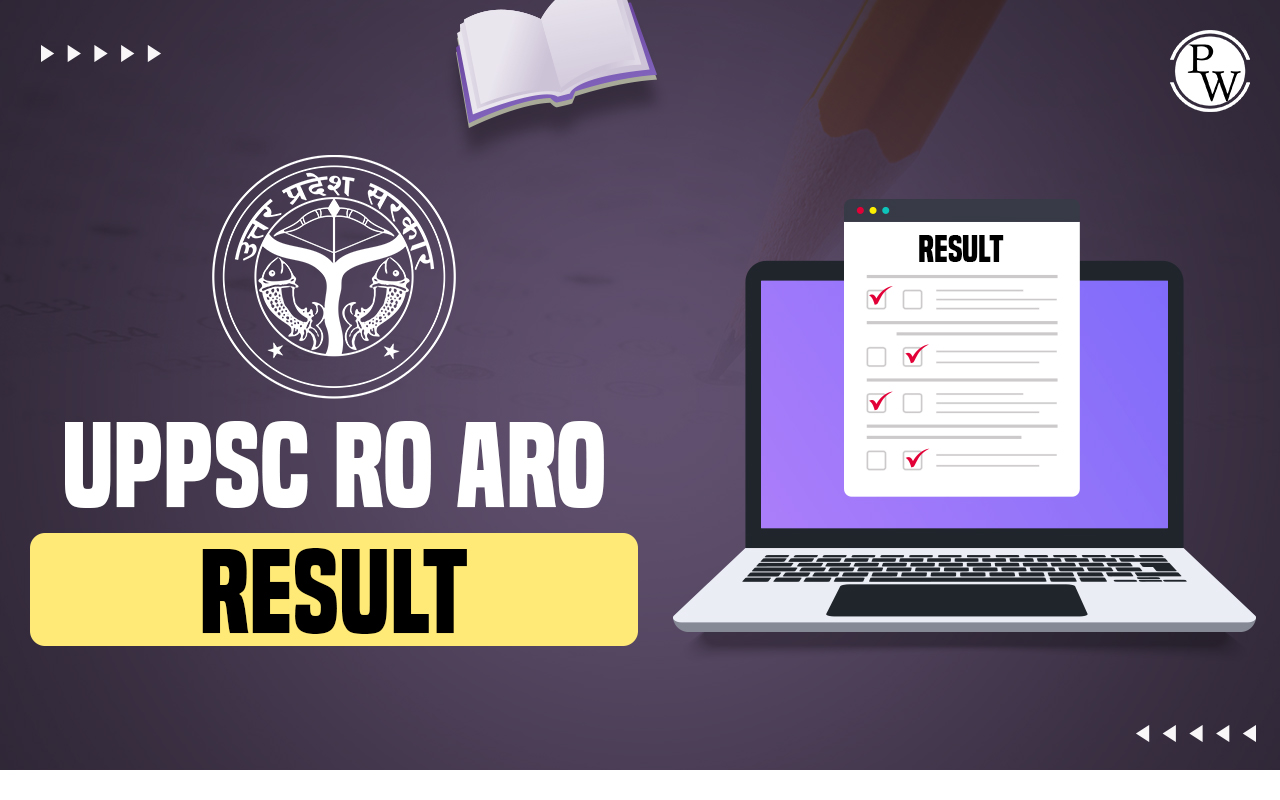
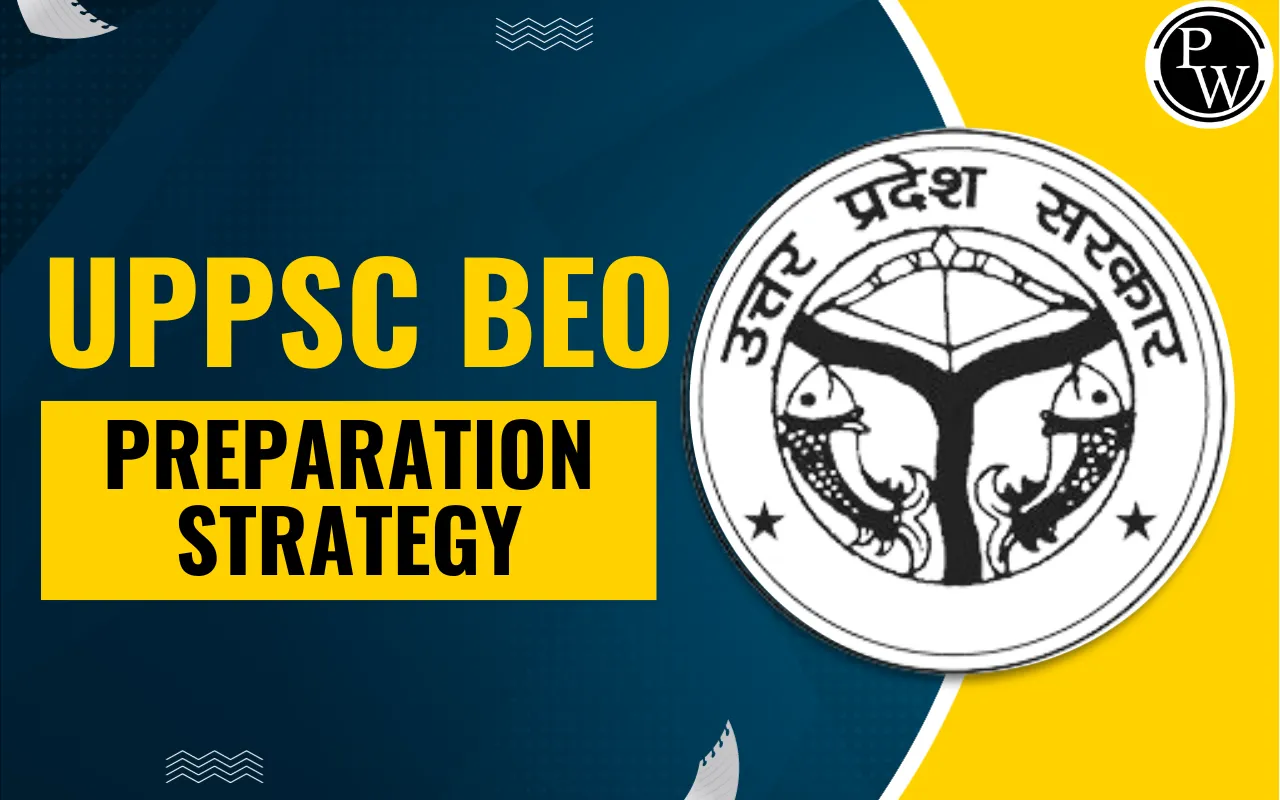
UPPSC BEO Preparation Strategy: If you are preparing for the UPPSC BEO exam, here are some preparation tips that will guide you in your journey. The selection process has two parts: the Prelims Exam and the Mains Exam, followed by the interview, for which you must prepare in two different stages. Start preparing for the UPPSC BEO Exam using the preparation tips.
Check out the UPPSC BEO Preparation Strategy to improve your preparation. To do well in the test phase of the competition, here is a solid study plan.
Check: UPSSC BEO Salary
UPPSC BEO Preparation Strategy Overview
To prepare for the UPPSC BEO 2025 exam, first read through the new syllabus and exam pattern carefully, paying close attention to the general aptitude and functional knowledge parts. Create a timetable for studying and follow it as closely as possible (be sure to allocate extra time for questions with greater weightings, such as all food laws and the functions of UPPSC BEOs). You should use the official UPPSC BEO materials and also the standard reference books. Being able to recall core facts/concepts quickly during your exam is very helpful.
Check: UPPSC BEO Recruitment 2025
UPPSC BEO Exam Pattern
UPPSC BEO Exam 2025 is a state-level recruitment process conducted by the Uttar Pradesh Public Service Commission (UPPSC) for the post of Block Education Officer (BEO). The BEO plays a key administrative role, overseeing educational activities and implementation of policies in a district block, making it a sought-after position in the state education sector.
The selection comprises three main stages:
-
Preliminary Examination: Objective-type questions on general studies and current affairs.
-
Main Examination: Essay, General Studies, and Hindi language sections, with descriptive questions focused on education, administration, and subject knowledge.
-
Medical Examination: Ensures candidates are medically fit for the duties of a BEO.
|
UPPSC BEO Exam Pattern |
|||
|
Stage |
Paper |
Questions / Marks |
Duration |
|
Prelims |
General Studies |
120 Questions / 300 Marks |
2 Hours |
|
Mains |
Paper 1: General Studies |
40 Questions / 200 Marks |
3 Hours |
|
Paper 2: Hindi and Essay Writing |
100 (Hindi) + 100 (Essay) Marks |
3 Hours (Each) |
|
Check: UPPSC BEO Eligibility Criteria
UPPSC BEO Syllabus
UPPSC BEO (Block Education Officer) Exam 2025 is conducted by the Uttar Pradesh Public Service Commission to recruit candidates for managing and supervising educational activities at the block level. The syllabus is designed to assess candidates’ general knowledge, administrative capabilities, understanding of India’s socio-political and economic context, and Hindi language proficiency.
|
UPPSC BEO Syllabus |
||
|
Stage |
Paper |
Main Subjects / Sections |
|
Prelims |
General Studies |
Indian History, National Movement, Geography, Polity, Economy, General Science, Current Affairs, Logical Reasoning, Specific knowledge of UP |
|
Mains |
Paper 1: General Studies |
History of India, National Movement & Indian Culture, Indian Polity, Economy, Geography, Science & Technology, Current Affairs, UP-specific topics |
|
Paper 2: Hindi and Essay Writing |
General Hindi (Comprehension, Grammar, Letter & Paragraph Writing, Translation), Essay on Social/National/International Issues |
|
Check: UPPSC BEO Syllabus
UPPSC BEO Preparation Tips
Successful completion of the UPPSC BEO exam is important for any further selection process. Here are some tips to help in smart preparation:
Know the Syllabus and Pattern of the Exam: The first step is to thoroughly examine the syllabus for the UPPSC BEO and the pattern of the examination.
Stick to a Timetable: Create a timetable that suits you. It will help you create a study routine which will help your understanding and retention.
Adept the Basics: Take your time to learn all of the basic ideas.
Make Revision Notes: You will want to make notes of the most pertinent matters while studying for quick revisions, especially the last few days before the exam.
Take Good Study Material: Use good resources and books for that in your learning style.
Practice with Previous Year Papers: Practicing previous year question papers gives you an idea of the exam pattern.
Take Regular Mock Tests: Join test series and take regular mock tests, which is like taking your exams under actual conditions.
Revise Completely: Read the whole syllabus again before the exam. Revising reinforces your knowledge and builds confidence.
UPPSC BEO Preparation Strategy Subject-wise
General Studies
Develop a weekly study plan with subjects rated by weighting. Pay more attention to the high weighted topics like History, UP Special, and Polity. Keep summary notes of events, policies, and personalities for revision. Practice MCQs daily, and evaluate your learning with mock tests. Revisit past years' papers to familiarize yourself with question patterns.
Indian History and National Movement
Keep your timelines updated in order to commit editions/movements to memory. Explore and understand key leaders, important reforms, and existing movements (Non-cooperation, Civil Disobedience, Quit India). Keep your reading to credible sources (ie. Bipin Chandra).
Indian Polity and Governance
Draw flowcharts and mind maps to go through constitutional articles and structures. You could also practice factual and analytical questions. Be aware of recent amendments to UP's Constitutions and topical current events. Make note of smart schemes.
Indian Economy
Use reputable economy textbooks and reference materials, then use current publications to bring it up to date. Develop summary notes containing content such as GDP, inflation, your schemes, and economic surveys.
Geography (India and World)
Study from maps and diagrams that help with retention. Develop a rich understanding of important rivers, towns, industry, and resources, both UP and India-focused, and Climate.
General Science
Use researched NCERTs 6-10 - if you use those as a grounding basis. Study application science in everyday life, technological advances, and sustainable environmental practices.
Current Affairs
Prepare a short daily note on the latest from your newspaper (not just national news, also UP news). There are many monthly publications that help provide current affairs, and you can supplement daily revision with quizzes you've practiced online.
PW Batch for UPPSC
Enroll in UPPSC Online Coaching to boost you exam preperation. Our dedicated faculites are always here to support you in your journey. Our couses are designed to keep syllabus and exam pattern in mind from our educators.
UPPSC BEO Preparation Strategy FAQs
How important is practising previous years question papers?
What should be my strategy for the Hindi and Essay paper in the Mains?
Are online mock tests useful for UPPSC BEO preparation?
What is the minimum and maximum age limit for UPPSC BEO 2025?
What is the selection process for UPPSC BEO?

